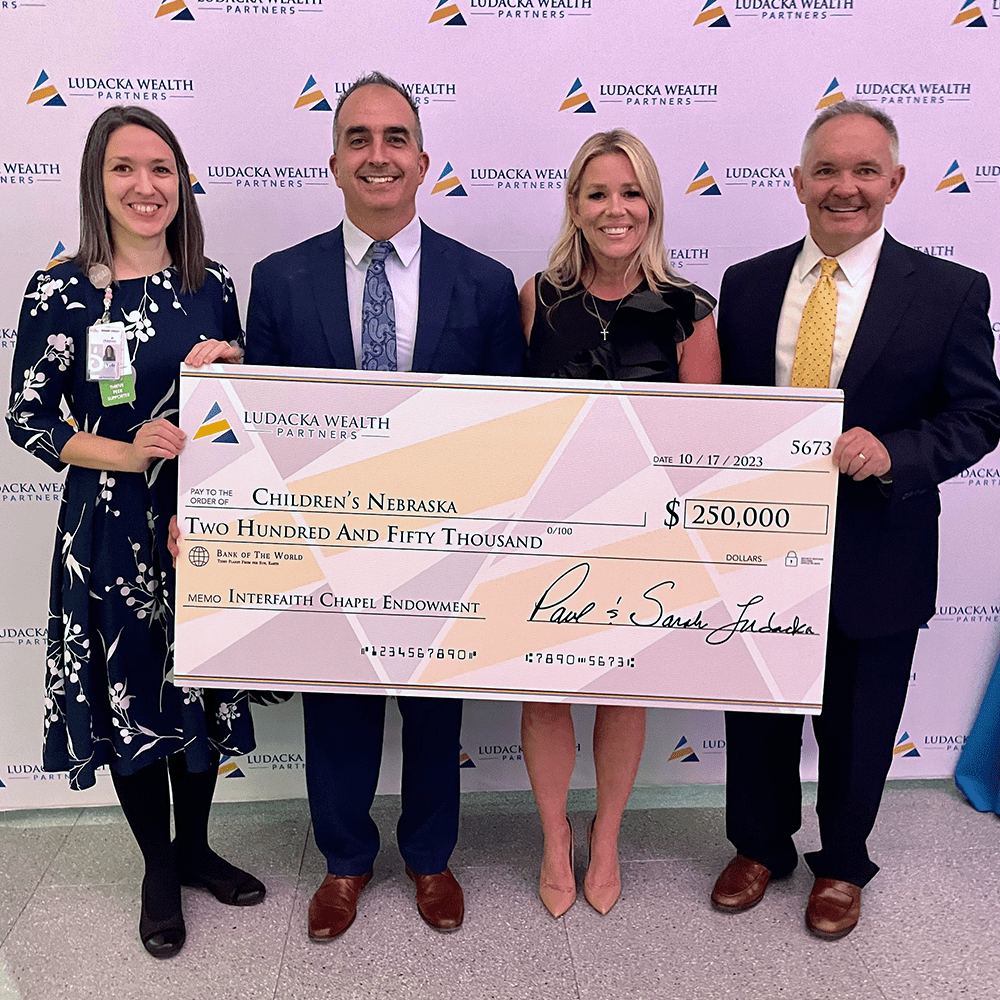The Child Health Research Institute, a partnership between Children’s Nebraska and UNMC, is one of 26 sites participating in the Eating, Sleeping and Consoling for Neonatal Opioid Withdrawal (ESC-NOW) study, a nationwide clinical trial funded by the National Institutes of Health. The study found that the “Eat, Sleep, Console” care approach (ESC) is more effective than usual care approaches for opioid-exposed infants.
CHRI Executive Director Ann Anderson Berry, MD, PhD, vice president of research, Children’s Nebraska, serves as the primary investigator for the local study site.
The study showed that the ESC approach substantially decreased the time until infants were medically ready for discharge. Newborns cared for with ESC were medically ready for discharge approximately 6.7 days earlier and were 63% less likely to receive drug therapy, compared to newborns cared for under the usual approach using traditional scoring methods. Safety outcomes at three months of age were similar between both groups. The study appears in the New England Journal of Medicine.
The study also evaluated whether newborns received opioid therapy to manage their symptoms. Infants cared for with ESC were about 63% less likely to receive opioids (19.5% in the ESC group received opioid therapy, compared to 52% in the FNAST group).
Opioid-exposed newborns can develop symptoms of neonatal opioid withdrawal syndrome. Symptoms can include tremors, excessive crying and irritability and problems with sleeping and feeding.
Until now, there hasn’t been strong evidence to support a standard of care for these babies. Having evidence for best practices, or a standard approach, to care for these infants can reduce variability and thus improve outcomes for these infants and their families. The goal of this trial was to help establish that evidence base.
ESC empowers families in the care of their infants through education and shared decision making, which can build trust and help families feel valued and supported.
These findings are based on three-month outcomes, and a two-year follow-up study of a subset of the infants is ongoing. This follow-up is critical to further inform the safety of the ESC care approach.
The IRB protocol number for the study is IRB#0934-19-CB.



